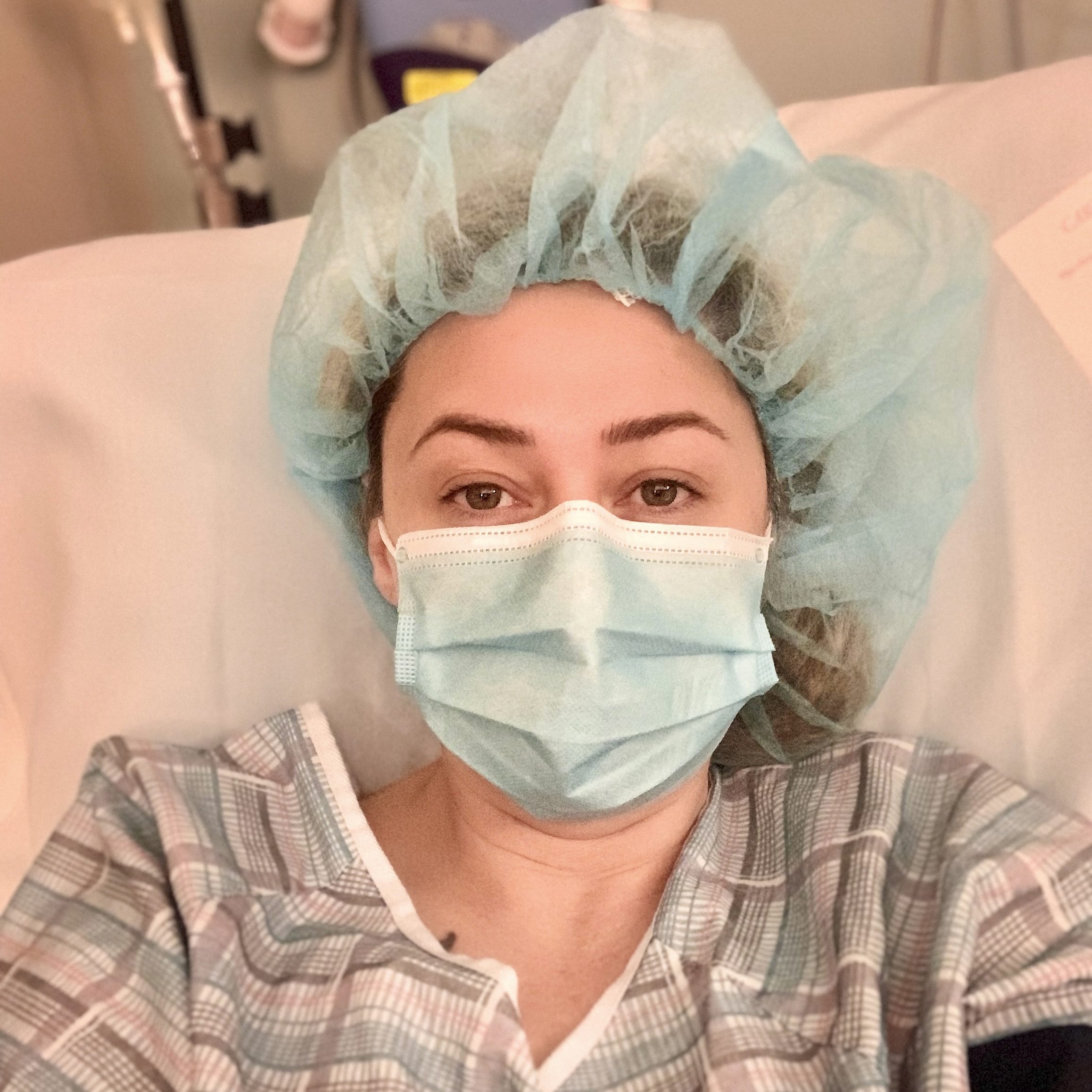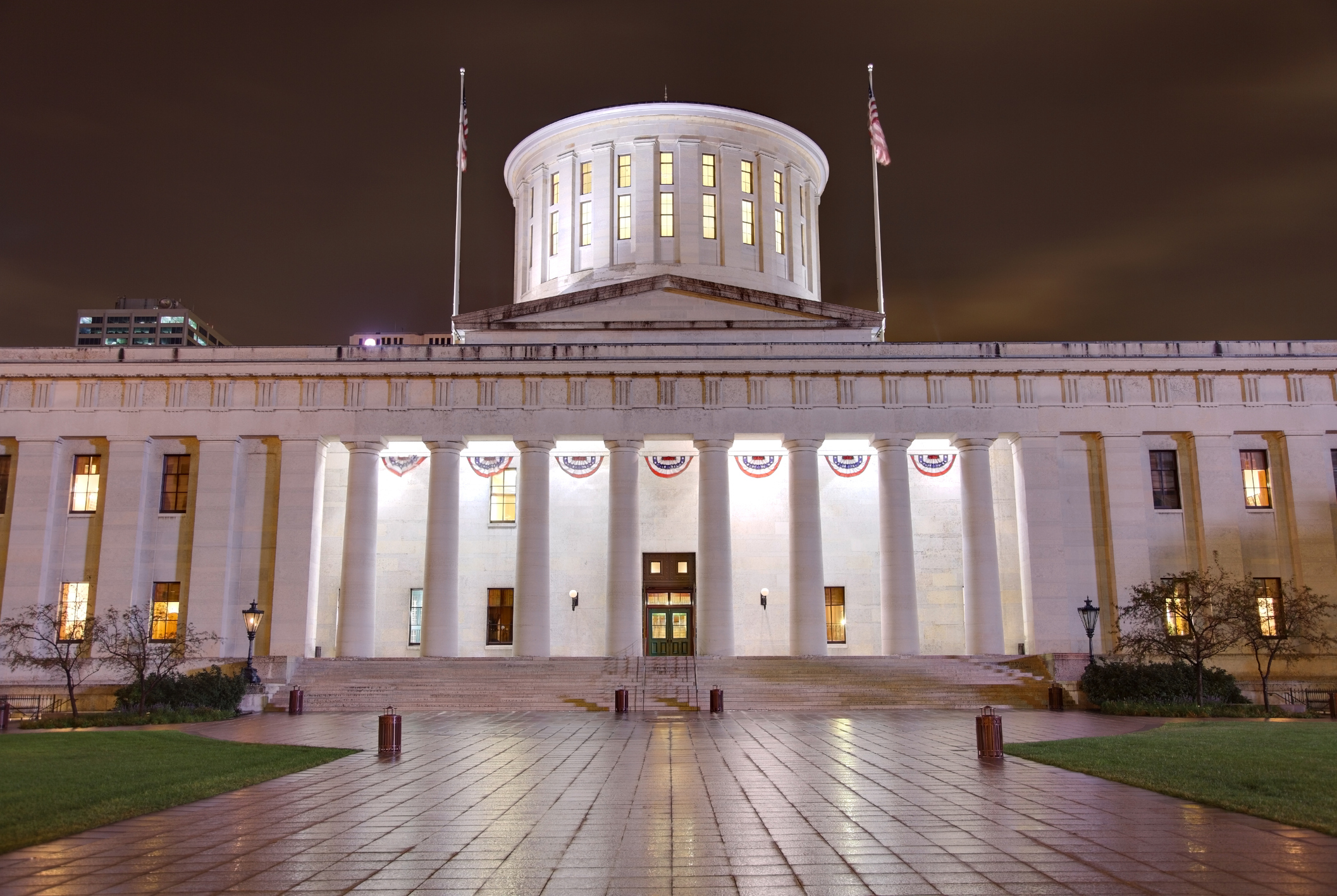The medication methotrexate has been used for decades as a treatment for cancer patients and has emerged as an effective treatment for conditions including arthritis, lupus and Crohn’s disease. It’s also used in a different dosage to end ectopic pregnancies – a condition fatal to the fetus that risks the mother's death too.
Methotrexate and other drugs like it were thrust into the crucible created by the Supreme Court’s decision that overturned Roe v. Wade.
Becky Schwarz, of Tysons Corner, Virginia, told the Associated Press she found herself entangled in the abortion controversy though she has no plans to become pregnant.
The 27-year-old has lupus, an autoimmune disease that can cause the body to attack tissue surrounding joints and organs, leading to inflammation and often debilitating symptoms. For Schwarz, these include bone and joint pain, and difficulty standing for long periods of time.
For me to have to be essentially babysat by some policy, rather than being trusted about how I handle my own body ... has made me angry
Lupus patient from Tysons Corner, Virginia
She recently received a notice from her doctor saying she’d have to stop taking a medication that relieves her symptoms — at least while the office reviewed its policies for methotrexate in light of the Supreme Court ruling. That’s because the drug can cause miscarriages and theoretically could be used in an attempt to induce an abortion.
“For me to have to be essentially babysat by some policy, rather than being trusted about how I handle my own body ... has made me angry,’’ she said.
The Arthritis Foundation has heard from a handful of women who have had trouble getting their arthritis medication.
“Arthritis disproportionately impacts women, and oftentimes women of child-bearing age, most certainly, but even women who aren’t,” said Dr. Anna Hyde, the foundation's president for advocacy and access.
“Some of the stories we’ve gotten in are of women who are over the age of 50 — they are past their reproductive years — and they’re still being asked really invasive questions and having roadblocks thrown up,” Hyde said.
The Arthritis Foundation, the American College of Rheumatologists and the Lupus Foundation issued guidance to doctors, pharmacists and patients, asking patients who have had prescriptions denied to let them know about those incidents.
“It’s not necessarily that the law prohibits the prescribing of methotrexate for arthritis,” Hyde said. “We think it’s more of a concern or fear of repercussions on the behalf of pharmacists or others.”
Disabilities advocate Sarah Blahovec expressed concern about access to methotrexate.
“The state board of medicine has said that that should not be happening in Virginia,” she said.
Blahovec said she takes methotrexate herself.
“Luckily, I was able to refill my prescription, no problem, last Friday,” she said.
Most women who take methotrexate are warned of its risks to pregnancy, and men who are prescribed can also be advised to use contraception.
The Supreme Court decision has put pharmacies in the middle of an intense national debate. Last week, the Department of Health and Human Services issued guidance saying pharmacists cannot deny prescriptions for medications for drugs like methotrexate to patients for arthritis, Crohn’s disease or lupus on the grounds that those medications could also be used to end pregnancies.
Pharmacies “may not discriminate against pharmacy customers […] including with regard to supplying medications; making determinations regarding the suitability of a prescribed medication for a patient; or advising patients about medications and how to take them,” guidance to pharmacies says.
CVS Seeks Verification on Drugs With Possible Abortion Use
CVS Health asked pharmacists in some states to verify that a few of the prescriptions they provide will not be used end a pregnancy. Spokesman Mike DeAngelis said Thursday that the drugstore chain recently started doing this for methotrexate and misoprostol.
The policy started the first week in July in Alabama, Arkansas, Idaho, Oklahoma, and Texas, DeAngelis said.
The CVS spokesman said state laws that restrict the dispensing of medications used for abortions have forced the company to start the validations. He noted that some of the laws come with criminal penalties. The drugstore chain is asking care providers to help by including their diagnosis on the prescriptions.
DeAngelis said CVS Health will still fill prescriptions for miscarriages or ectopic pregnancies.
“We will continue to focus on delivering care to our patients while complying with state laws and federal guidance that continues to evolve,” DeAngelis said in an email.




